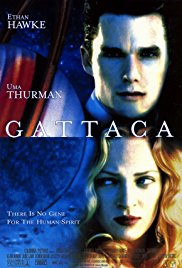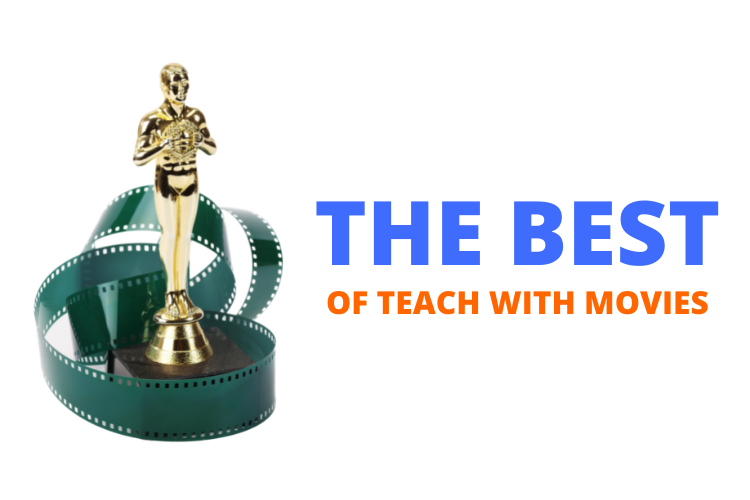1. See Discussion Questions for Use With any Film that is a Work of Fiction.
2. Compare Jerome and Vincent. What were their strengths and their weaknesses? In what ways were they the mirror image of each other?
3. Was Jerome mentally ill?
4. Compare Anton and Vincent, the two brothers. How was Vincent able to beat Anton at swimming despite Vincent’s weak heart?
5. Why is there such resistance to the new order imposed by this society? (Examples are: Vincent’s girlfriend and the test technician.)
6. What do you think is wrong with the society portrayed in “Gattaca”?
7. Wouldn’t every parent want to ensure that their child was perfect and had the attributes of physical attractiveness, intelligence and athletic prowess to be able to do whatever he or she wanted in life? If so, why is the society portrayed in this film so devoid of happiness, vitality and fun?
8. What made Vincent able to qualify for the Saturn mission despite his physical infirmities and lack of genetic perfection?
9. If you were the president of a corporation that could hire genetically enhanced individuals, would you do so? If you didn’t, how could you compete with corporations that did hire only the genetically improved? What are the implications of this for our future?
10. Most parents will tell you that children are born with their own peculiar personality. This can be affected by events in the child’s life, but there is definitely a strong, if not overriding genetic component. We may, in the future, be able to modify these characteristics, just as physical characteristics and intelligence could be modified. What are the implications of this?
11. Some people have countered the vision of this film by saying that our strengths are inextricably combined with our weaknesses. Do you agree with this?
12. Soon, life insurance companies, health insurance companies, employers, and the government will have the tools to predict our future health. Is this too much information for them to have? Is there any way to stop it?
13. The character of the Director (the murderer) told the investigators that there was no indication of violence in his genetic make-up. What were the screenwriters trying to tell us by this scene?
14. What were the screenwriters trying to tell us through the episode of the 12 fingered pianist? What is wrong with engineering children to have 12 fingers if, as a result, they will be able to make extraordinarily beautiful music?
15. What limits should be placed on genetic engineering? Should it be allowed at all? Should it be limited to the elimination of disease and physical imperfections?
16. Should we permit people to make human clones of themselves? What about someone who cannot have a child?
17. Should we permit people to make human clones of other people?
18. If you would permit human cloning, would the clones have all the rights of “natural” people?
19. Was Vincent justified in brutally beating the police officer outside of the nightclub?






